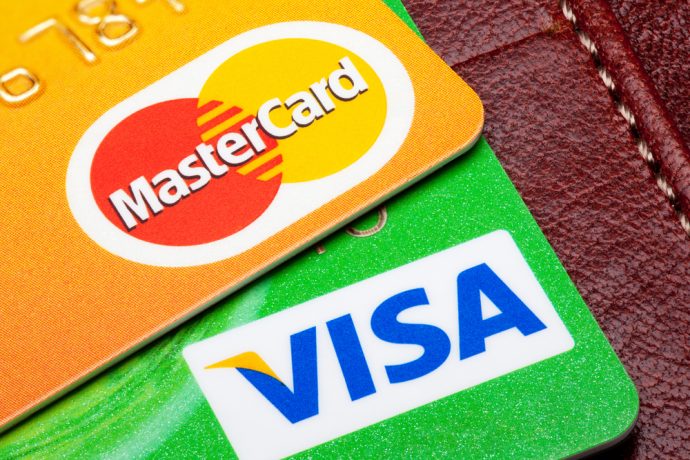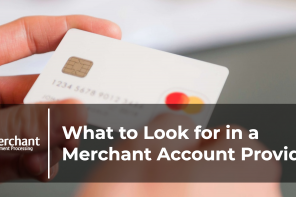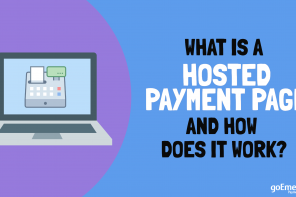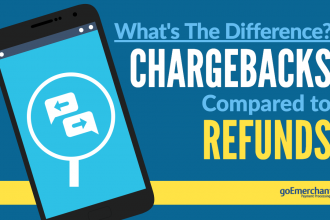There was a time when all you needed to get paid was a cash register. But you can’t store credit card information or accept electronic payments through a traditional cash register. That is where a merchant account comes in! It is a modern, global and versatile cash register that can accept payments from almost any system and currency in the world.
So, is a merchant account a digital cash register?
A merchant account is a bank account that is specially designed for merchants to accept payments from credit cards, debit cards, and other digital payment methods. Whether you are an online retailer or use a card swipe machine at your physical business location, you will need a merchant account in either case. This account is where the money would first be deposited whenever you make a sale against a card or another digital payment method.
The organizations that provide merchant accounts are known as merchant account providers. However, in many cases, a payment processor or even a payment gateway can double up as merchant account providers. We will get into that in a bit.
Once a transaction is initiated on your point of sale machine or online platform, the transaction data is sent through a payment gateway to the issuing bank of the customer (the bank which issued the credit card). On authorization by the issuing bank, the payment is credited to your merchant account. The credit might not happen immediately – it is usually done in daily batches.
Who does what? The various parties in a bank card or online transaction
First-time business owners are often confused with what exactly the differences are between payment gateways, payment processors, merchant acquirers and so on. The confusion stems from the fact that many organizations often take on a double or even a triple role, which can lead to some misunderstanding. Here, we provide a breakdown of the exact role and purpose of every entity in a merchant transaction. Keep in mind, however, that in some situations one or more of these roles might be played by the same entity.
Merchant account provider: Supplies you with a dedicated or aggregated merchant account. This is the account where you receive the money from a sale.
Card issuing bank: The customer’s bank which has issued the credit or debit card. The card issuing bank decides whether to approve or reject a transaction based on the available credit limit of the customer and successful matching of other authentication data.
Payment gateway: A conduit for transmission of payment information. The job of a payment gateway is only to transmit information (like card number, transaction amount, error codes, etc.) from the merchant to the payment processor, and vice versa.
Payment processor: They are responsible for using the data transmitted by a payment gateway to process a transaction. A payment processor will take the information provided, send it to the credit card association for approval and reconcile all the payments.
Credit card association: Companies like Visa, MasterCard or American Express. They forward the transaction information to the card issuing bank for approval and communicate the response back to the payment processor.
With that cleared up, we are ready to dive deeper into merchant account specifics!
Making a choice – the different types of merchant accounts
Not all merchant accounts are created equal. There are some options available to merchants when deciding which service provider to choose for their merchant accounts. The first option is to choose a dedicated merchant account provider. The advantage of getting your very own dedicated merchant account is that you can negotiate with the provider on rates. If your trade volumes are high enough, you are likely to get a discount on various fees and charges. The downside is that the approval process can take some time if you’re applying as a new business with no credit history.
The second option is to use an aggregated merchant account. Here, your account risk would get clubbed with other similar clients by the service provider. The downside is that you will have less control over your rates and charges, but the upside is that it much easier to get an aggregated merchant account. The documentation is simpler; the credit standards are a bit more lenient, and you are likely to get an account up and running much faster.
Some questions to ask before you a pick a service provider:
- Does the service provider offer robust fraud detection and management services?
- How good is the reporting platform? Can I generate helpful reports and get the data that I want in the format that I want?
- Will the service provider help me with the PCI compliance on my platform?
- How good is the customer service? If I have a critical issue, can I reach them and expect to get a response immediately?
- Does the service provider offer any special product based on my industry (like for retailers, restaurants, app developers, etc.)?
Conclusion
A merchant account is not just one of things your business needs to process and receive payments. It is also the place where the money from a credit card transaction first officially becomes yours to keep! The merchant account provider you choose should offer innovative payment processing solutions while still remaining affordable. Whether you prefer to take payments online, in-store through a traditional point of sale system or by using a mobile device, be sure to choose a provider that aligns with your business needs.




